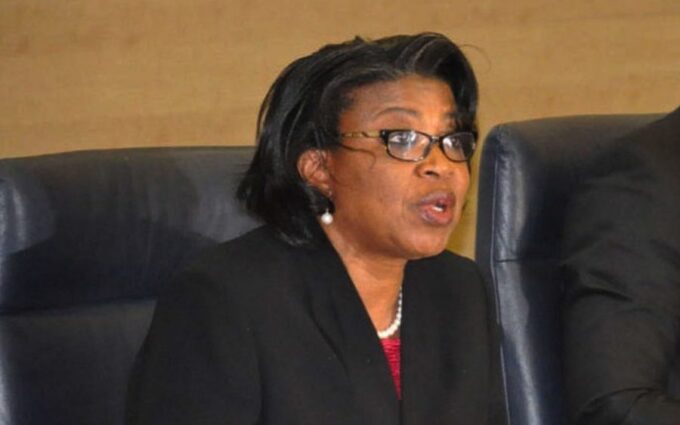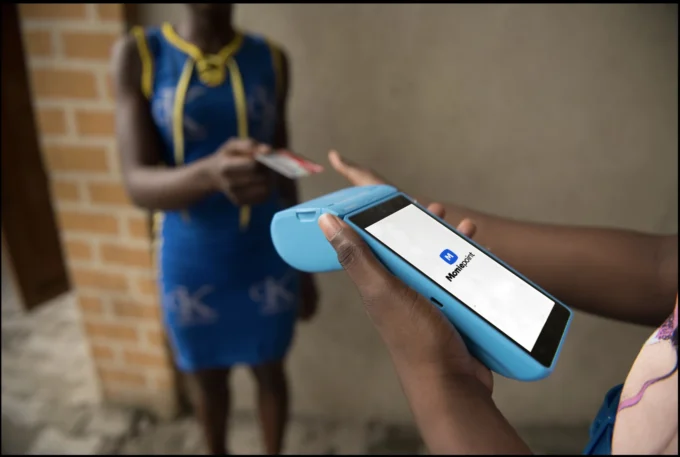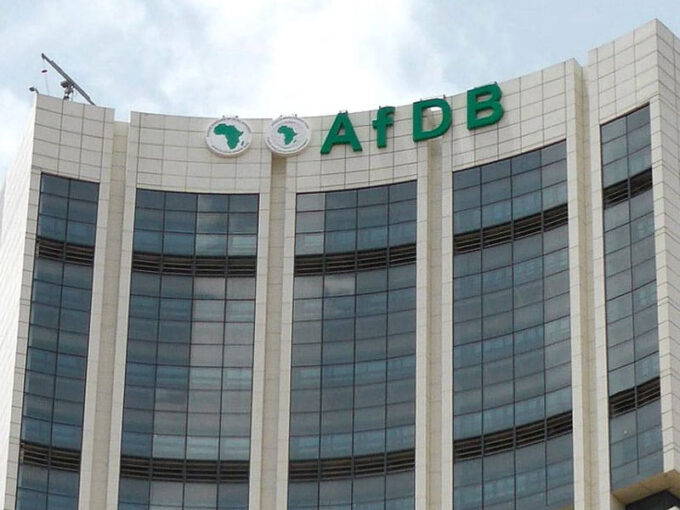From Adanna Nnamani, Abuja
The Federal Government has said that the ongoing $2 billion broadband expansion project will boost economic growth, enhance digital inclusion, and create thousands of jobs in Nigeria’s technology ecosystem.
Minister of Communications, Innovation and Digital Economy, Dr. Bosun Tijani, stated this during the plenary session on Smart Growth, Digital Leap, hosted by IHS Towers at the 31st Nigerian Economic Summit (NES) in Abuja.
Tijani said the project, currently being implemented under a hybrid financing model of 49 percent government and 51 percent private sector funding, is targeted at achieving universal broadband access across the 774 local government areas within three years.
He explained that improved connectivity remains the backbone of productivity and innovation, noting that the initiative is expected to transform the economy and position Nigeria as Africa’s next global technology hub.
“Connectivity is not optional. It’s the foundation of productivity,” Tijani said.
He added that: “When we came in, in less than two years, we have had over 11 states declare zero rates for their right-of-ways. The right-of-way is actually not the biggest barrier to investment in Nigeria. It’s always been an issue, but the biggest issue is investment. If you look at countries that have been able to scale broadband and make it available, it is about once and for all collectively mobilizing the right investment to deliver.
“That investment, when we did the calculation, was going to cost the nation about $2 billion. It’s not something that a single company will just boldly dive into and mobilize that capital. So the government decided that we will not opt for a short-term solution to an age-long problem. Every state, every local government, and every ward of Nigeria will be covered in the design.”
The minister disclosed that the broadband expansion plan is supported by the World Bank, International Finance Corporation (IFC), and the Africa Finance Corporation (AFC). He said the project would also classify broadband as national critical infrastructure, to attract more private investment and reduce operational costs for telecom operators.
According to Tijani, the ICT sector currently contributes about 15 percent to Nigeria’s GDP, one of the highest in sub-Saharan Africa. However, broadband penetration remains around 50 percent, leaving millions of Nigerians offline.
Citing World Bank data, he noted that a 10 percent increase in broadband penetration could lift GDP by up to 2 percent annually, highlighting the potential economic impact of expanding digital access.
The minister said the project’s benefits would cut across key sectors including agriculture, education, and healthcare, with improved rural broadband access estimated to add up to $25 billion annually to agricultural output.
He also pointed to the IHS Towers Innovation Hub as a model of effective public-private collaboration, noting that it will train thousands of young Nigerians, offer incubation spaces, and connect startups to global investors.
Tijani added that through the government’s 3 Million Technical Talent (3MTT) programme, Nigerians are being trained in Artificial Intelligence (AI), cloud computing, cybersecurity, and data analytics, with about 4 percent focusing exclusively on AI.
He commended President Bola Tinubu’s administration for prioritising broadband infrastructure through policy reforms and incentives aimed at stimulating investment in the digital economy.
The Chief Executive Officer of IHS Nigeria, Mr. Mohamad Darwish, described Nigeria as Africa’s most vibrant startup ecosystem, saying the digital sector continues to grow despite infrastructure and power challenges.
“We cannot build a prosperous and inclusive Nigeria by 2030 without digital technology at its core,” Darwish said.
Also speaking, Chief Experience Officer of FibreOne, Yinka Isioye, said Nigeria loses about $15 billion annually due to its broadband deficit, adding that expanding coverage could unlock $19 billion in value and boost GDP growth by over $45 billion.
Isioye warned that without accelerated investment, millions of Nigerians, including more than 45 million students, risk being excluded from digital learning and telehealth opportunities.


















Leave a comment